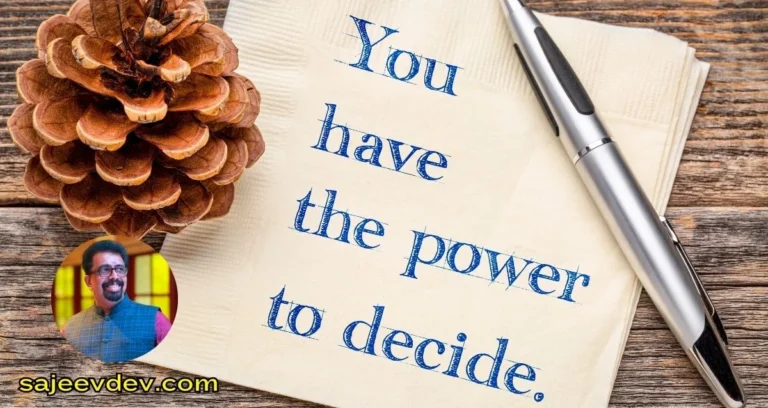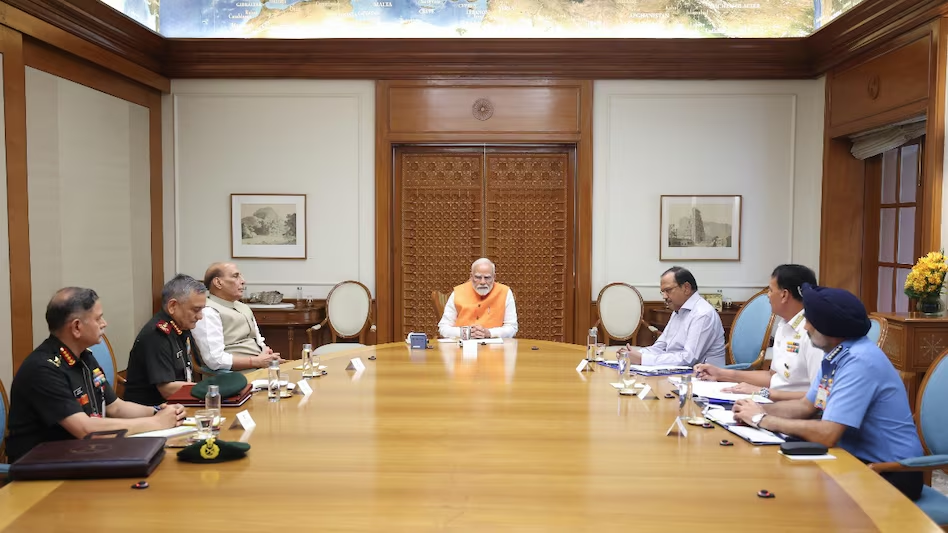
Amid speculation about the Pahalgam response PM Modi holds high-level defence talks.
The Strategic and Political Environment
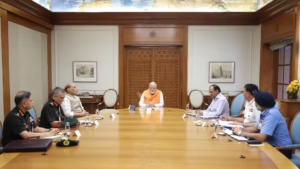
Prime Minister Narendra Modi called a high-level meeting with important defence officials including Defence Secretary Rajesh Kumar Singh to discuss India’s response to the Pahalgam terror attack in light of the recent events. In the face of regional tensions the meeting which was held in the midst of increased speculation represents India’s strategic realignment.
Discussions concerning counterterrorism tactics national security and India’s overall geopolitical position have all been rekindled by the Pahalgam incident. The government is being watched closely as it formulates a firm but measured response in response to mounting pressure from the public and political allies.
The Defence Posture of India
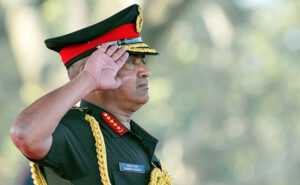
India has had a strong defence system for a long time and its military capabilities have changed to meet new threats. The government has placed more emphasis on improving strategic alliances bolstering border security and updating equipment in recent years.
India has responded to the Pahalgam attack with a number of sanctions including economic limitations and diplomatic pressure on Pakistan. A major change in policy, the suspension of the Indus Waters Treaty and trade restrictions shows that India is prepared to use its diplomatic and economic resources to combat transnational terrorism.
Indus Treaty Suspension Sparks Action
The Importance of the Meeting
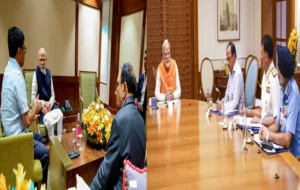
Sources claim that senior defence leaders examined intelligence reports evaluated possible military reactions and considered strategic options despite the fact that official meeting details are still classified. India must strike a careful balance in light of the situation’s complexity: reacting forcefully without uncontrollably raising tensions.
The meeting takes place at a time when the Indian military has been given “complete operational freedom” to decide how and when to respond. This order strengthens India’s proactive approach to national security and demonstrates the government’s faith in military leadership.
Geopolitical Consequences
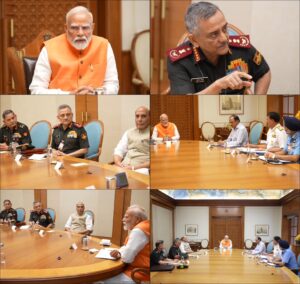
The situation has global ramifications in addition to India’s immediate security concerns. Russia and the United States are among the major nations keeping a close eye on India’s reaction. India’s approach will affect its diplomatic ties and international standing in a time of changing alliances and geopolitical recalibrations.
China’s participation is still very important. Beijing has positioned itself as a mediator in South Asian disputes in the past as a regional rival. To avoid outside intervention India must manage its defence policies while keeping diplomatic lines open.
Political Aspects and Public Opinion

\The Indian public has demonstrated a strong desire for prompt action. The government is being pushed by the public political figures and defence experts to take a firm stance against threats. The Modi administration is well aware that how it handles the crisis will have a significant impact on how voters feel as elections approach.
In the meantime the opposition has been outspoken in calling for openness about India’s approach. Political debates have become more heated with discussions focusing on the need for a comprehensive national security framework and the efficacy of previous responses.
The Path Ahead
The government’s strategy will determine India’s security direction going forward. India’s response to the Pahalgam incident whether via military interventions economic sanctions or diplomatic discussions will send a clear message to both allies and enemies.
India needs to find a careful balance in a world that is becoming more complicated: firm but strategic determined but accountable. In addition to resolving the current crisis the choices made in the next few days will establish a standard for how India handles security issues going forward.


